
TheStreet aims to feature only the best products and services. If you buy something via one of our links, we may earn a commission.
Ask 10 Wall Street veterans what the best book on investing is, and you’ll get 10 different answers (and for good reason). There is no one-size-fits-all approach to making money in the market — different situations can call for different strategies, and different types of investors often find their way into different niches.
Since the advent of the modern American stock market in the late 18th century, countless books on investing have been published to great acclaim, from Benjamin Graham’s iconic 1949 tome, “The Intelligent Investor,” to more recent titles like Howard Mark’s 2018 treatise, “Mastering the Market Cycle.”
Here, 10 of TheStreet Pro’s stock market legends share a favorite investing book of their own, providing a diversely curated collection of Wall Street wisdom for new and seasoned market participants alike.
Whether you’re a technically oriented trader, a long-term value investor who analyzes fundamentals and chases undervalued gems in the rough, or a new-to-the-market novice looking to grow your understanding of how to build wealth through stocks, the 10 books on this list will undoubtedly make you a more informed investor.
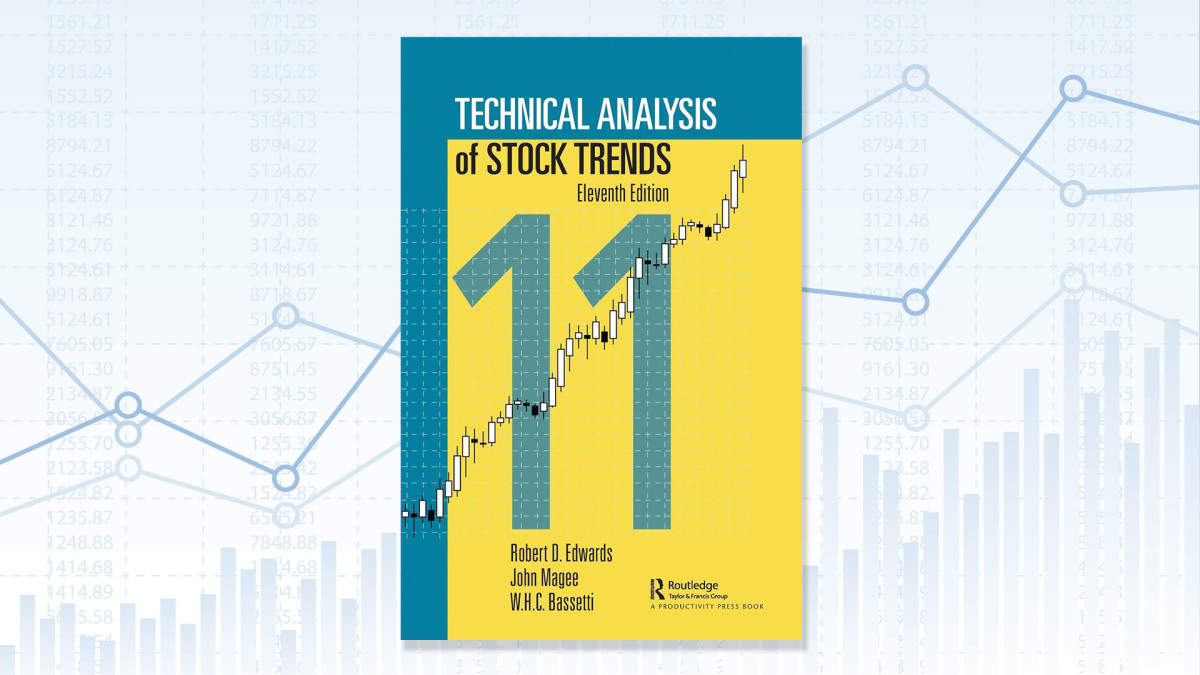
Technical Analysis of Stock Trends by Edwards & Magee
"It was a pivotal read. Years ago, when I was a retail broker, I was told to follow the fundamentalists’ recommendations at the firm. It was usually a bad experience. I was being told to buy something when things looked good and the price was high, only to be told to sell when there was a known problem present and the price was low — a losing proposition.
A friend who was a specialist on the floor of the NYSE suggested I take some courses in technical analysis. Its viability was quickly realized. The very first of several books I read for my CMT was the one listed above. The ability to assess the supply/demand dynamic in the equity markets is absolutely essential. This book started me on the right path."
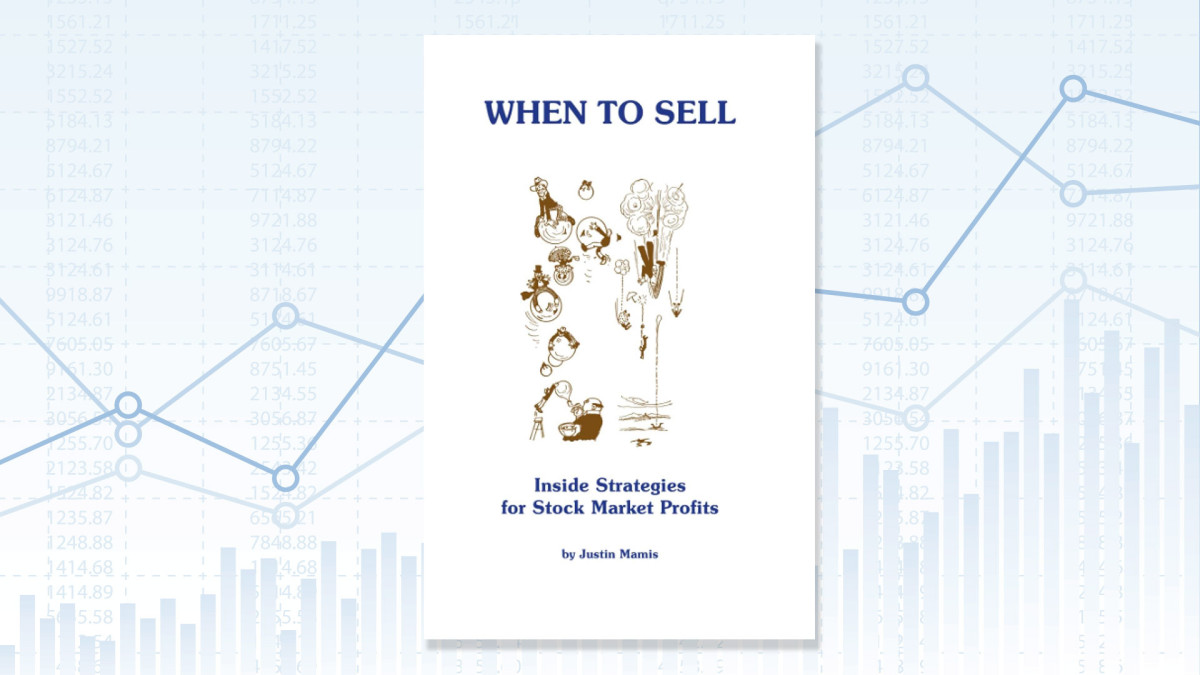
When to Sell: Inside Strategies for Stock Market Profits by Justin Mamis
“Justin is my mentor in this business. In this book, he discusses many of the indicators I use as well as the psychology behind them and market psychology in general. It is an easy, quick read. For general market folks, this book is great.”
Related: What is TheStreet Pro?
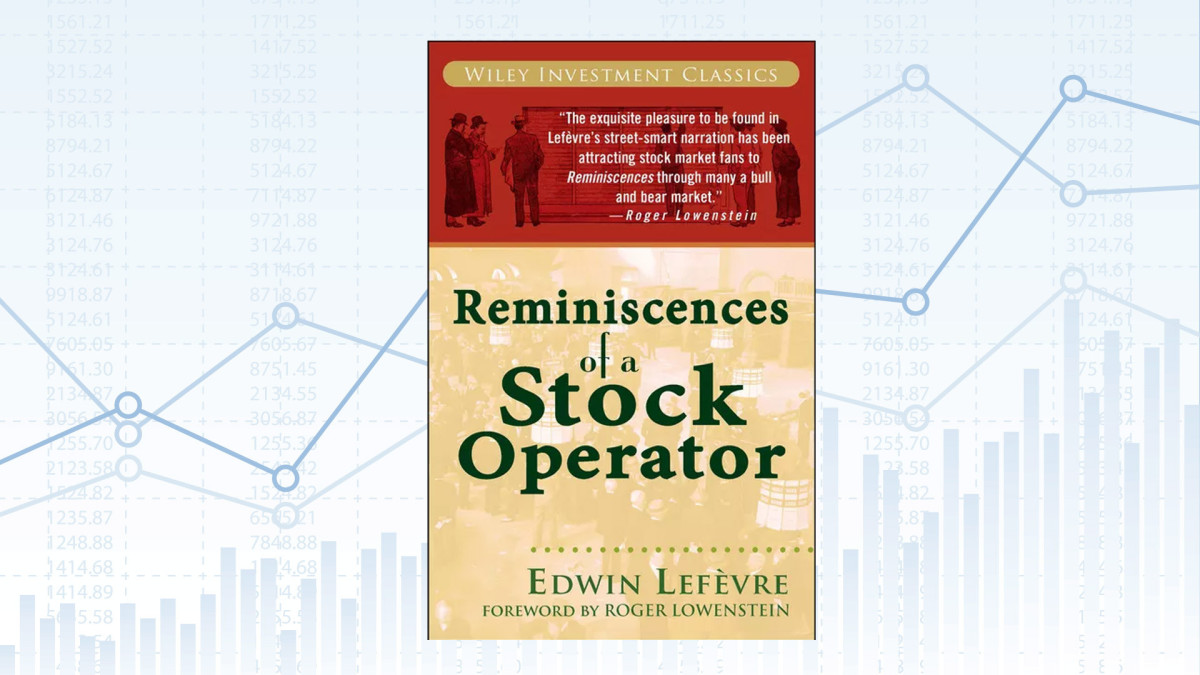
Reminiscences of a Stock Operator by Edwin Lefevre
“I feel like every trader knows and loves this book, and for good reason. It reads more like an action novel than a how-to book. This book is still frequently quoted, despite the fact that it was written over 100 years ago.
How can a 100-year-old book on trading still be relevant in 2024? The markets have changed, but human nature remains the same. In the end, humans have always been driven by fear and greed.”
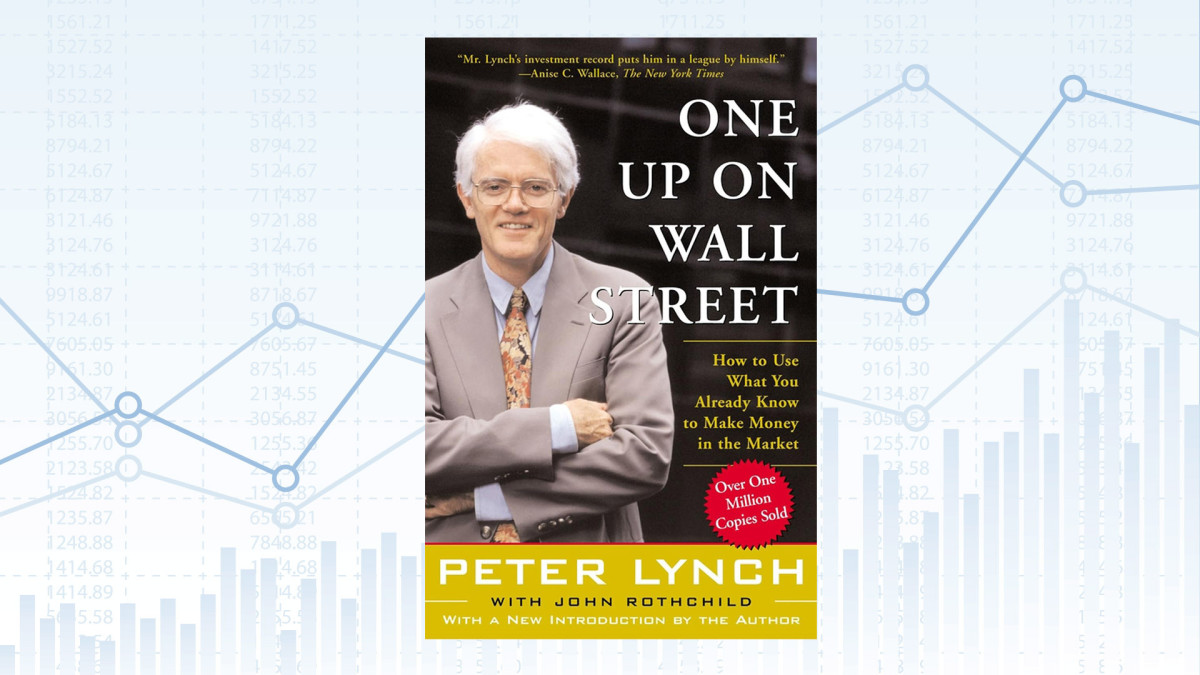
One Up on Wall Street by Peter Lynch
“I am still a big fan of "One Up on Wall Street" by Peter Lynch. It got me much more interested in investing and contained a lot of common sense. It’s one of the books that I wish I would have taken more to heart at the time given that many of the companies I was/am a frequent customer of (e.g., Starbucks, Home Depot) have done so well over the decades.
At times, I wish I had heeded his advice to be a long-term buy-and-hold investor in these types of stocks. Unfortunately, the trader in me still holds firm. If I had teenagers or college-age kids, this book would definitely be a stocking stuffer.”
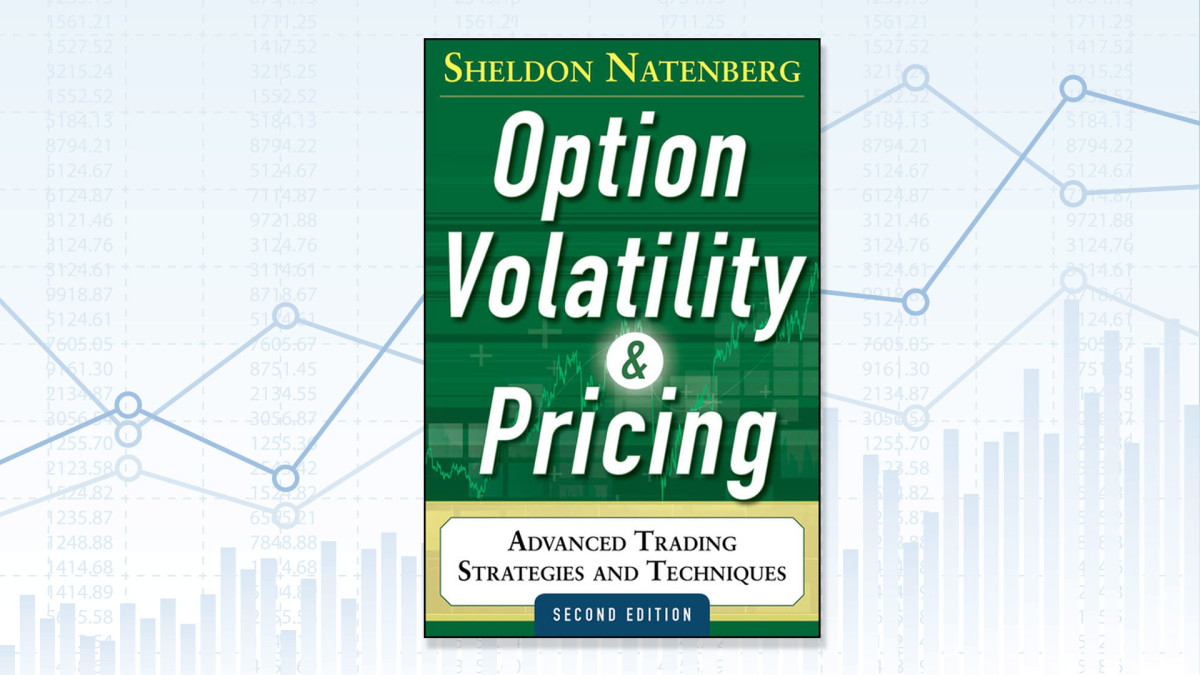
Option Volatility and Pricing by Sheldon Natenberg
“This is a must-read for anyone looking to manage their portfolio. It goes through how to use derivatives/importance in your investment process as there is so much alpha one can get by doing so. It talks about various investment strategies and today, with the rise of 0DTE, etc, options are key to understanding how the market and financial system works.”
More on investing:
- Should you reinvest your dividends?
- What is a candlestick chart and how do you read one?
- What is short interest?
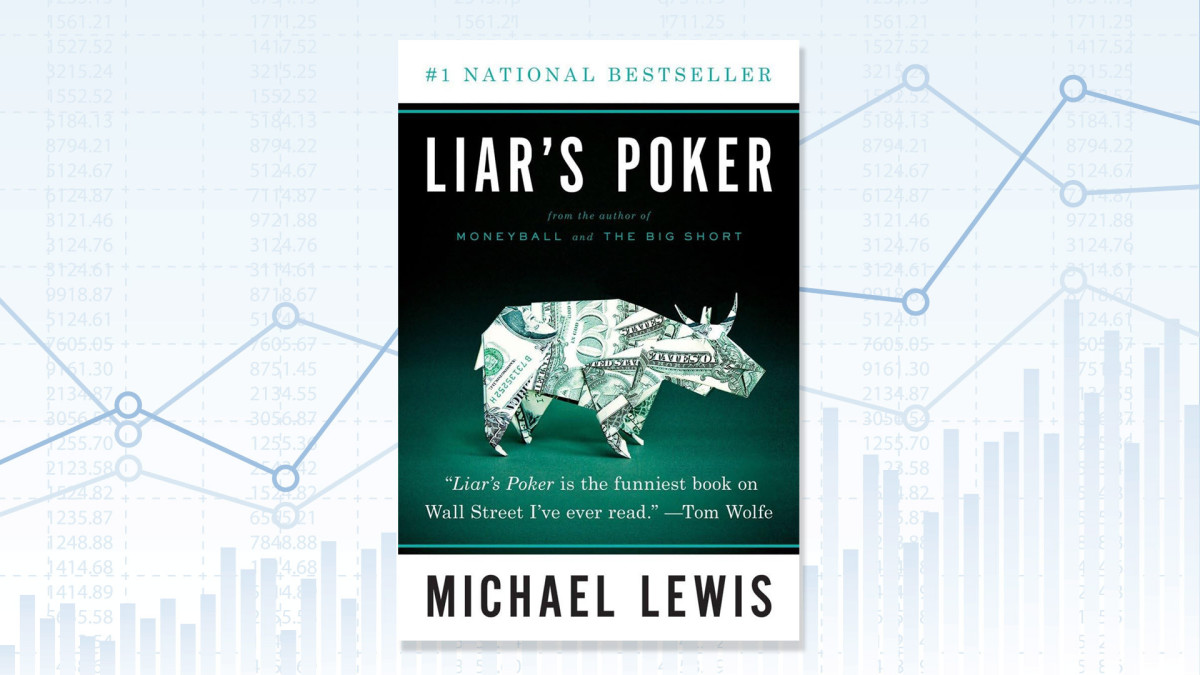
Liar’s Poker by Michael Lewis
“As a financial columnist who strives to both educate and entertain, I learned plenty from the style of Michael Lewis. He takes complex topics and breaks them down in understandable ways. He also paints vivid depictions of the characters and major moments on Wall Street. The memoir also captures a notorious period for the financial industry and even manages to make bonds sound, somehow, sexy.”
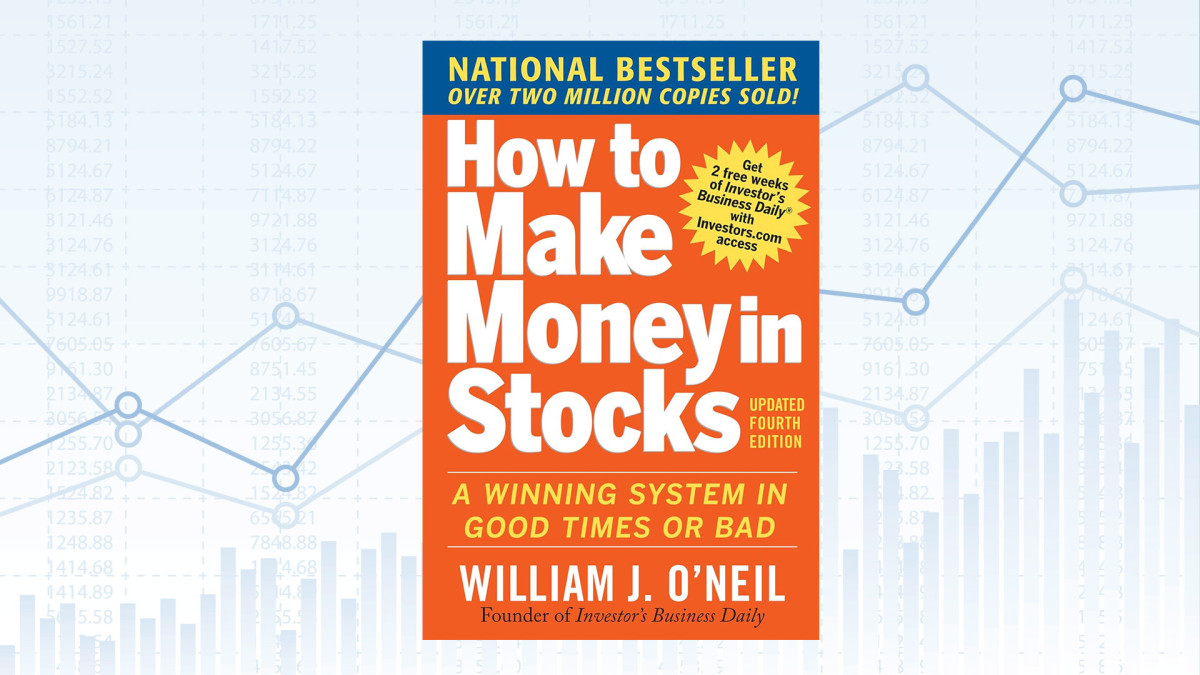
How to Make Money in Stocks: A Winning System in Good Times and Bad by William J. O’Neil
“The most valuable investing book for investors of all types is "How to Make Money in Stocks: A Winning System in Good Times and Bad" by William J. O’Neil. The book describes in detail O’Neil’s investing methodology, CANSLIM, an acronym for the characteristics he seeks in a stock.
What is particularly valuable about O’Neil’s approach is that he considers a combination of fundamentals, charts, and technical conditions. The combination of fundamentals and technical analysis is potent. O’Neil uses a reactive approach to the market and doesn’t try to make predictions or major market calls.
He takes action when market conditions change or price action shifts and doesn't try to forecast the future. Even if you don’t use O’Neil’s methodology, the book outlines the various issues to consider when developing your personal investing approach.”
Related: What are stock fundamentals? Definition, examples & FAQ
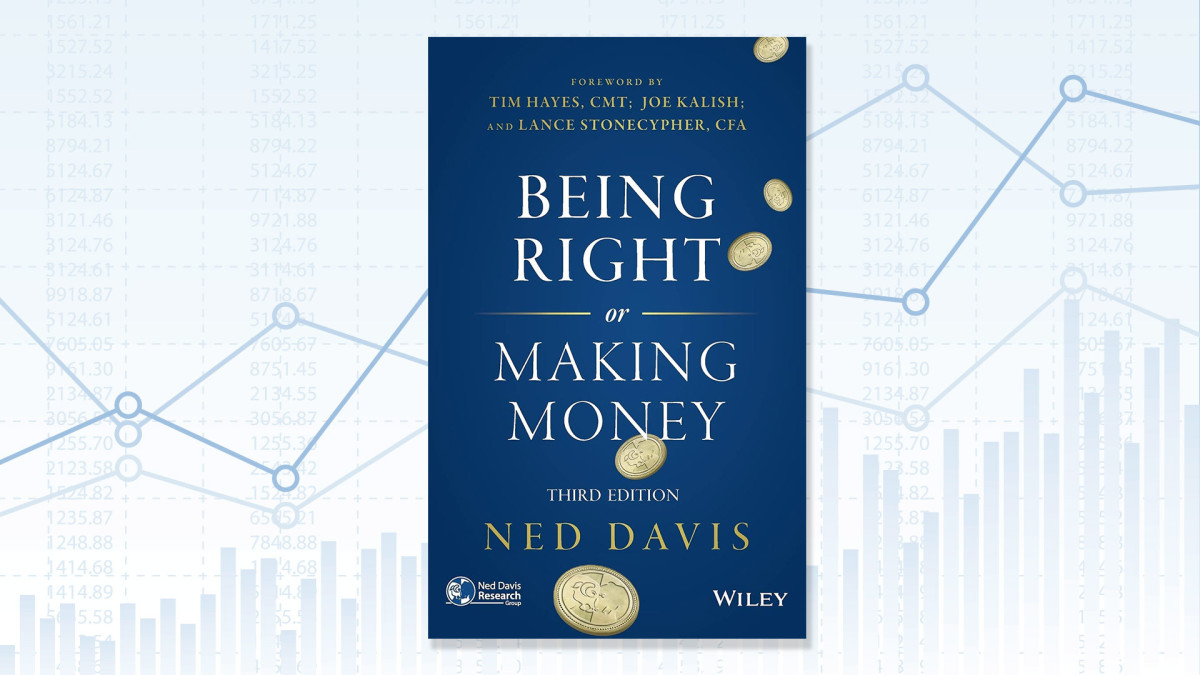
Being Right or Making Money by Ned Davis
"'Being Right or Making Money' is the best book on investing ever written. It combines investor psychology with quantitative analysis.
After my first read of this book, I had a better understanding of my own motivations as an investor. After my second read (it's a short book!), I had a better understanding of the indicators that the pros use. By my third read, "Being Right" had become an easy-to-use recipe book that I consulted as I built my own indicators. This book will make you smarter."
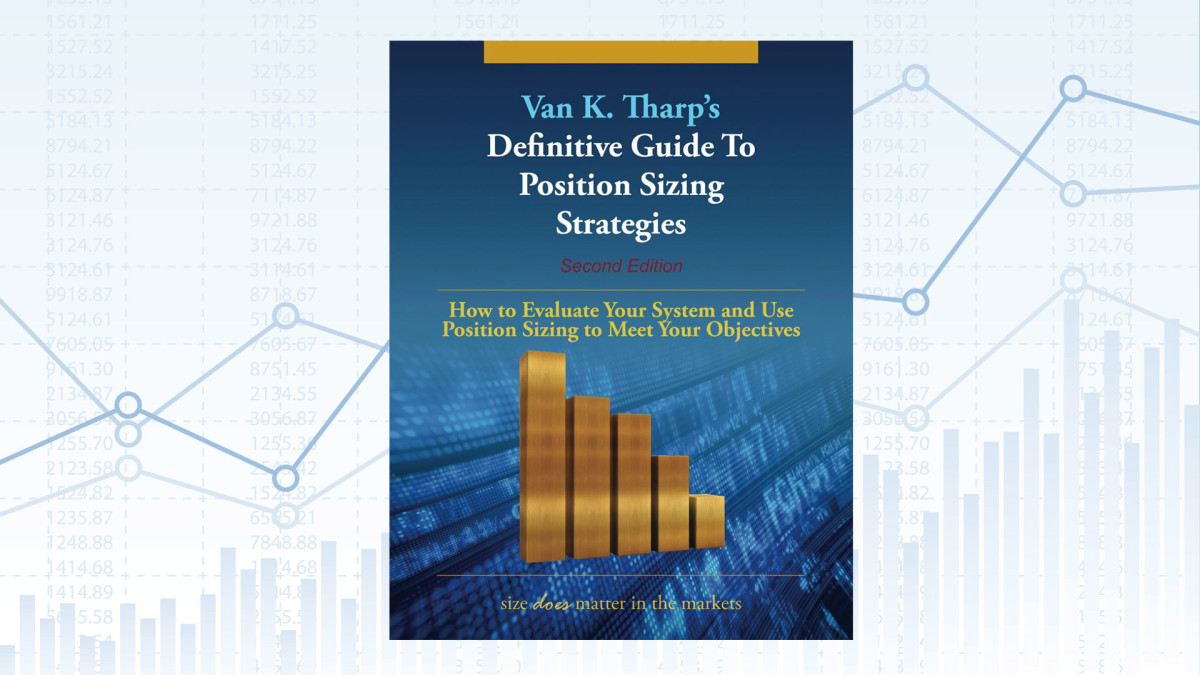
The Definitive Guide to Position Sizing Strategies: How to Evaluate Your System and Use Position Sizing Strategies to Meet Your Objectives by Dr. Van K. Tharp
“Despite its complex and technical content, I've yet to find a more invaluable guide for learning effective risk management techniques than Van Tharp's "Definitive Guide to Position Sizing Strategies." Proper position sizing holds the key to controlling risk and maximizing reward, yet few trading books provide comprehensive instruction on integrating specific sizing models.
Tharp covers a variety of approaches, such as the Kelly Criterion and volatility-focused methods. While digesting multiple formulas and concepts takes focus, if your goal is to make a living from trading, this book is a must-read for anyone trying to learn about position sizing and personal psychology.”
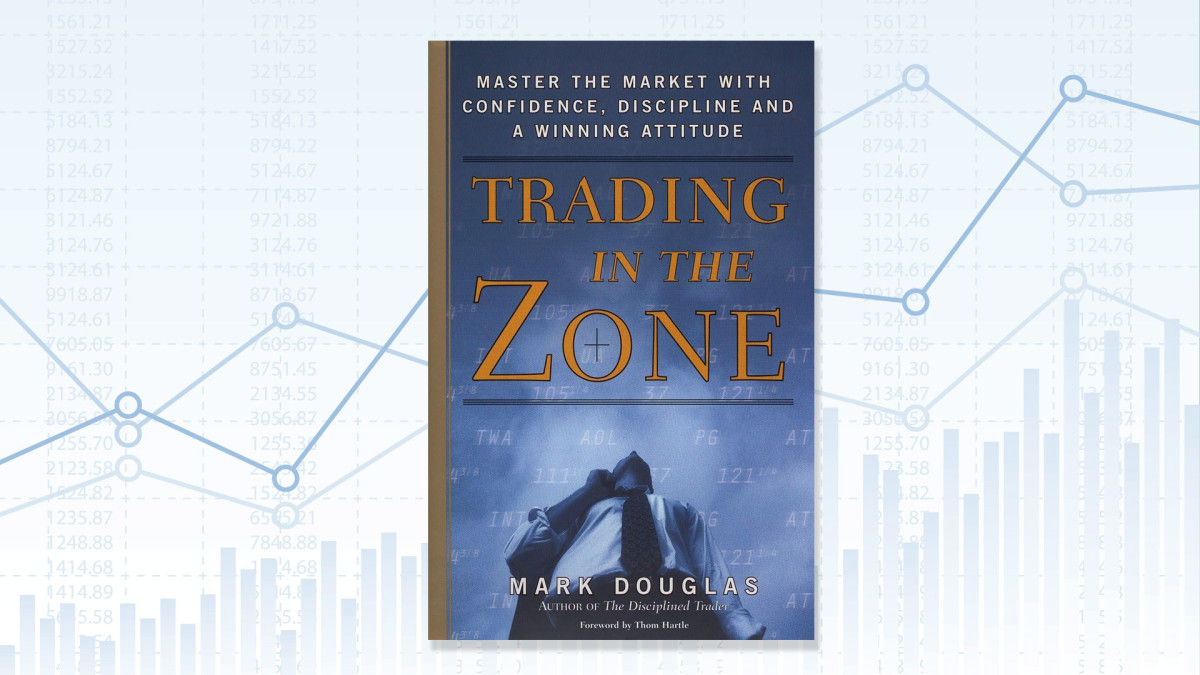
Trading in the Zone: Master the Market with Confidence, Discipline and a Winning Attitude by Mark Douglas
“Although the intended audience for this book is active speculators, investors can also gain some insight into the psychological aspects of putting hard-earned money at risk in the marketplace.
Even the most passive investors eventually find themselves caught in an emotional roller coaster capable of deceiving them to act outside of their intended strategy. If reading this book saves you from one emotional misstep, as it did me, it can change your life.”
Related: Veteran fund manager sees world of pain coming for stocks







